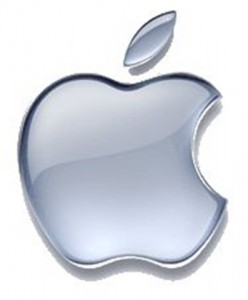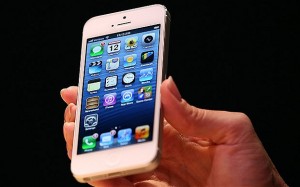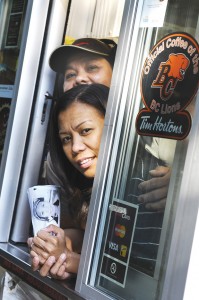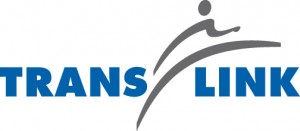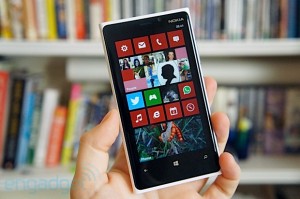McDonald’s, one of the world’s leading fast food restaurants, is beginning to increase its efforts to be a leading competitor in the coffee industry as well. McDonald’s already serves coffee, but it is going to start selling bagged coffee in grocery stores, something that Starbucks and Tim Hortons already do. What’s interesting about this is that McDonald’s is starting to introduce its bagged coffee in Canada, before it even introduces it in the US. McDonald’s coffee is not exactly in market as Starbucks coffee, being much cheaper, but it is very similar to Tim Hortons coffee, a brand that is basically synonymous with coffee and doughnuts in the minds of many Canadians. McDonald’s has been trying to compete with Tim Hortons for a while, and even has a week-long promotion every year where they give out free coffee. This is to try to attract people to try their coffee and they will see how good it is, because most people have never even tried McDonald’s coffee. Why would they need to when they can just go to Tim Hortons, right?
I think that McDonald’s will have a hard time competing in the coffee industry with Tim Hortons, but if they can get their name out there as a major competitor, it can be worth the effort. Especially since Starbucks made almost 10% of its revenue in 2011 from selling its bagged coffee, according to this article.



